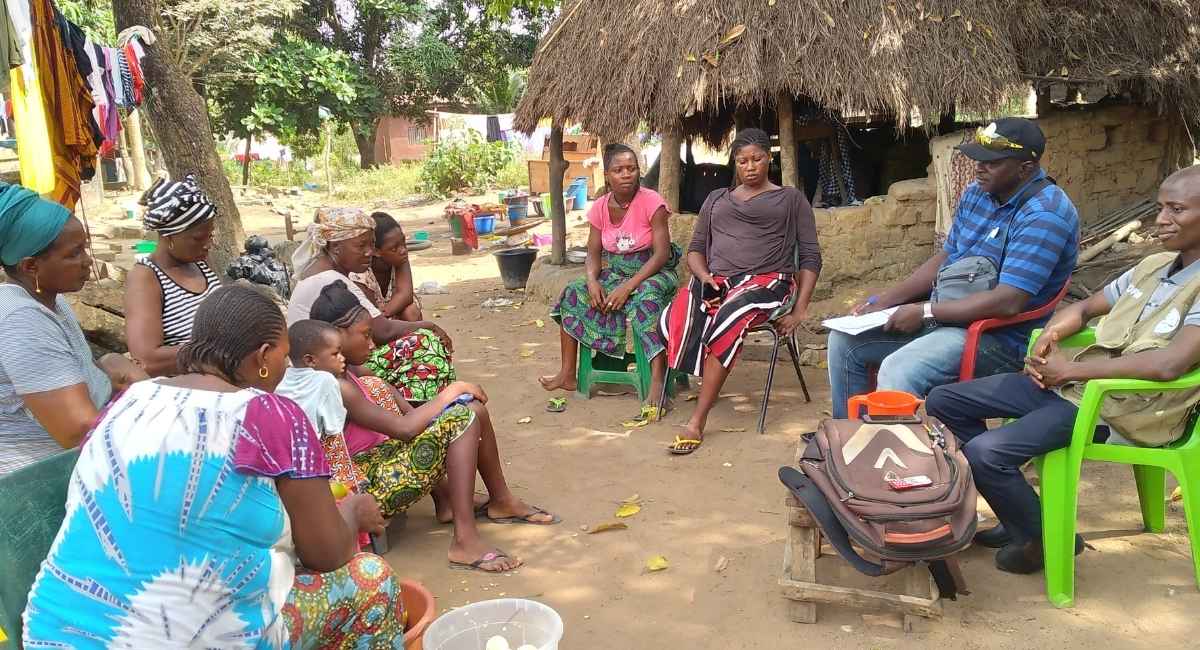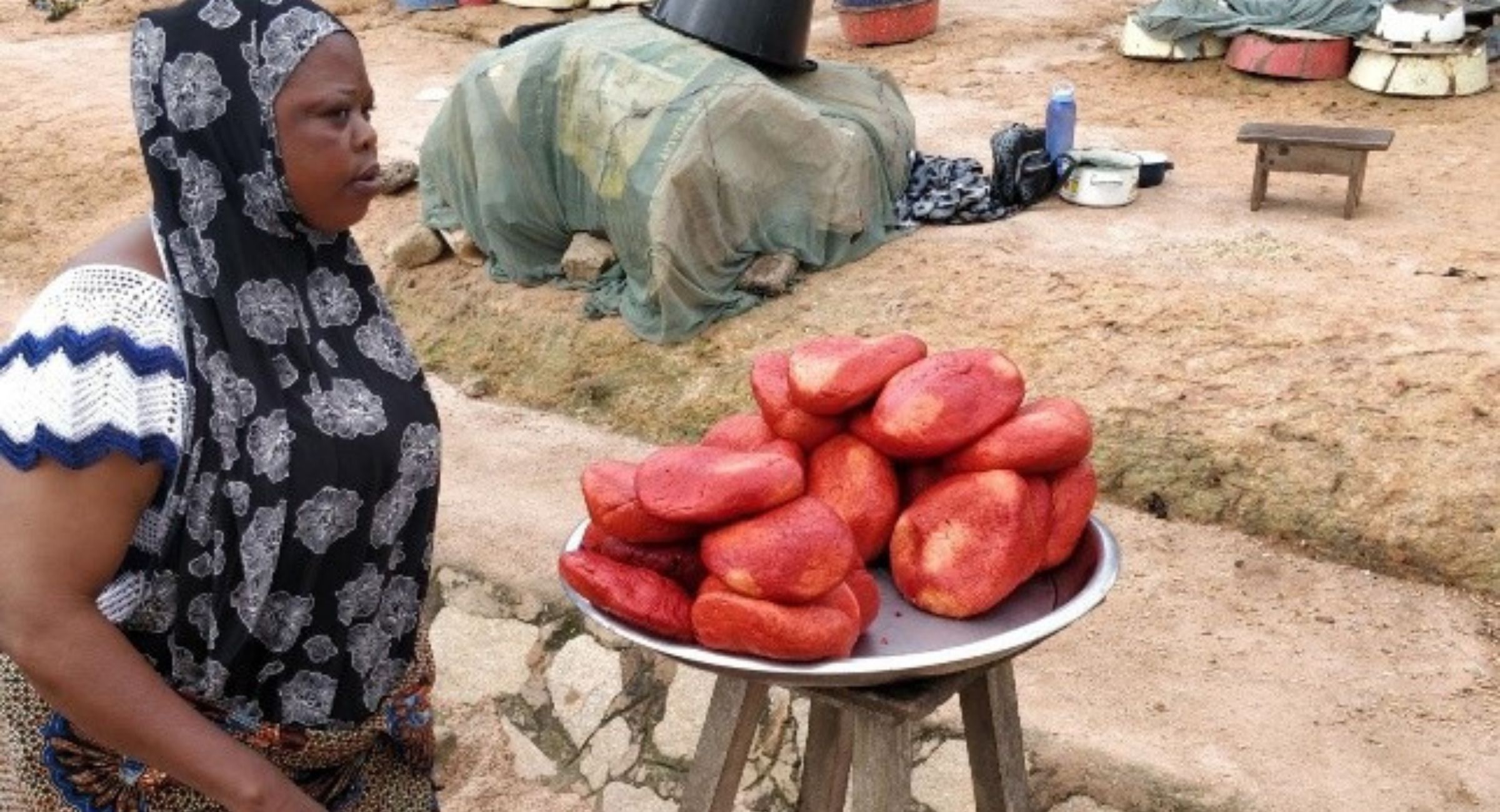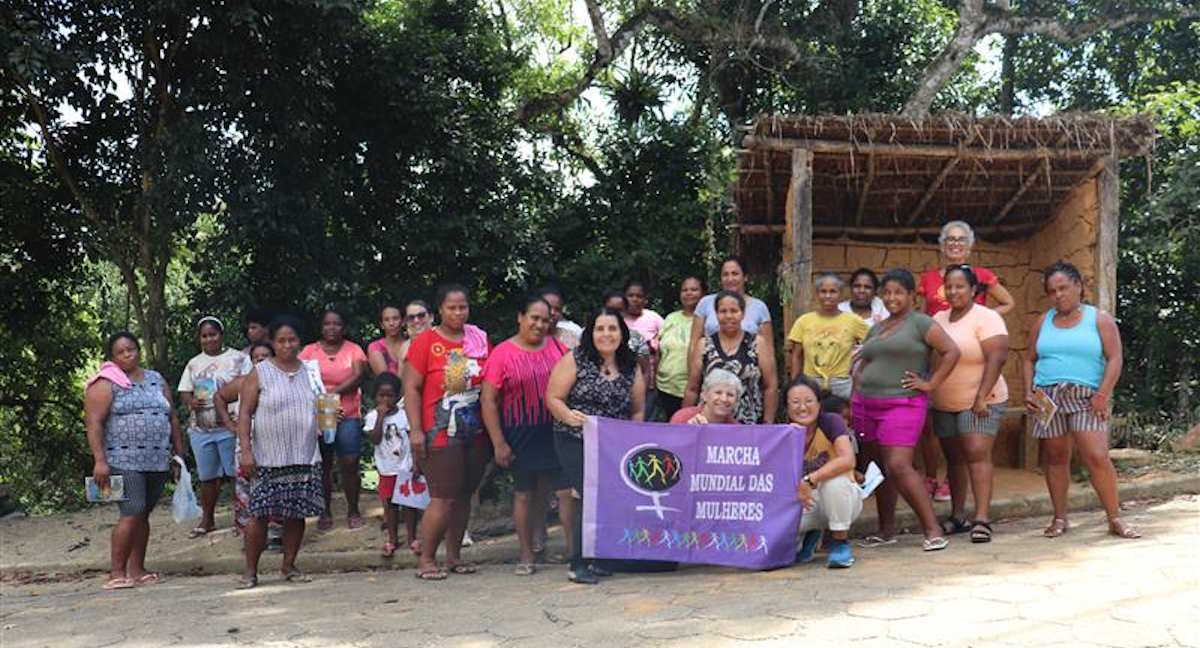Almost 30% of the world’s population is affected by food insecurity, and 148 million children under the age of five suffer from delayed growth. To address these issues, the Asanao programme, initiated by GRET in 2018, is proving to be an effective lever to promote transition to more sustainable food systems that can meet populations’ nutritional needs. The programme, which is currently entering its third phase, is conducting activities in Guinea, Senegal, Mauritania, Madagascar, Haiti and Cambodia.
Working as closely as possible with territories
The third phase of the Asanao programme (2024-2027), which is funded by Agence française de développement, is consolidating the approaches previously tested: for example, the benefit of having agriculture, healthcare and nutrition actors work together, conducting joint actions raising awareness on the links between health, food and agriculture.
“This work, conducted as closely as possible with territories, makes it possible to take very concrete action on the food environment through awareness-raising and communication activities led directly by local actors – farmers’ organisations, community healthcare actors – to improve families’ diets, provide better access for as many people as possible to healthy, nutritious local products, and promote fortified infant flours produced by local processing units”, explains Amel Benkahla, head of the agriculture and sustainable food programme at GRET.
Making achievements sustainable and working on new subject areas
A major ambition of this new phase of the programme is to ensure sustainability of the approaches developed in the previous phases for a long-lasting impact: promoting the benefits of healthy local foods in schools and the importance of agricultural advice including nutritional aspects, for example.
New subject areas will also be covered in this third phase. For example, non-communicable diseases[1], such as diabetes or cardiovascular disease; eating habits that increase the risk of developing these; or the concept of sustainable, healthy diets, i.e. diets that are good for health, the planet and societies. In the last 10 years, we have observed an increase in the number of children under the age of 5 who are overweight, in many countries. This trend suggests that there could be real consequences in terms of diseases. In a given country, under-nutrition, vitamin and mineral deficiencies, and overweight and obesity can all be observed at the same time. These forms of malnutrition can affect several persons, but can also co-exist in a single person. This is referred to as the triple burden of malnutrition.
GRET intends to stabilise the methodologies and tools that have been tested in its projects for many years now, so that they can be sustainably integrated in the strategies of its local partners and institutions. This is the case with the LANN approach (Linking Agriculture, Natural Resource Management and Nutrition), which aims to strengthen households’ food and nutrition security by mobilising local agricultural and natural resources, while raising communities’ awareness on the links between food, agricultural practices and nutrition.
Fostering action and autonomy
The effectiveness of actions is based on the expertise and commitment of the men and women who conduct them. This is why it is important to place particular focus on boosting the skills of local partners who work with the programme. How? Through targeted training, supported by appropriate pedagogical tools and methods, on sustainable food systems, nutrition and intervention strategies. The objective is to boost teams’ capacities for action and innovation. In this way the teams involved can better transfer their know-how to the populations concerned, and ensure the sustainability of the initiatives implemented.
“Our collaboration with GRET made it possible to develop our federation’s nutrition strategy”, explains Mamadou Malal Taran Diallo of the Fouta Djallon Farmers’ Federation in Guinea. “The market gardening plots, the creation of a network of local facilitators and awareness-raising on good nutrition and hygiene practices have already benefitted almost 12,000 people. Asanao 3 will consolidate these achievements and the federation’s capacity to cultivate this nutrition skill among an even wider population”.
Influencing public policies for sustainable food transition
In parallel, the teams will increase their participation in local and international public debates, as is the case in Senegal within the Multi-sectoral group on food and nutrition in schools, involving elected representatives, farmers’ organisations and State services in the promotion of a food environment that is more favourable to nutrition. Because although local action is essential, it cannot produce systemic change without strong institutional commitment. With the Asanao programme, GRET and its partners therefore intend to play and active role in the evolution of food and agricultural policies so that they can take greater account of nutrition and shape food environments that improve it over the long term. The objective is to insert the principles of sustainable, healthy food systems in governmental strategies and mobilise a larger number of actors around this vision.
“By developing arguments based on feedback from concrete experiences and putting these forward in local and international decision-making forums, in particular through the SUN movement, or participating in the recent Nutrition for Growth summit, Asanao is contributing to public debate in order to construct an environment that is favourable to nutrition”, concludes Adrien Trouvadis, programme manager.
At the crossroads between local action and contributions to public policies, this programme is proving to be a central lever to change food systems, for greater nutritional justice and sustainability, by combining the agricultural, environmental, social and health dimensions.
Learn more:
Asanao 3 – Contributing to transition towards sustainable food systems that favour nutrition
[1] Also known as “chronic diseases”, non-communicable diseases (or NCDs) are long-term diseases that, in general, evolve slowly. The main NCDs are cardiovascular disease, cancer, chronic respiratory disease and diabetes.




